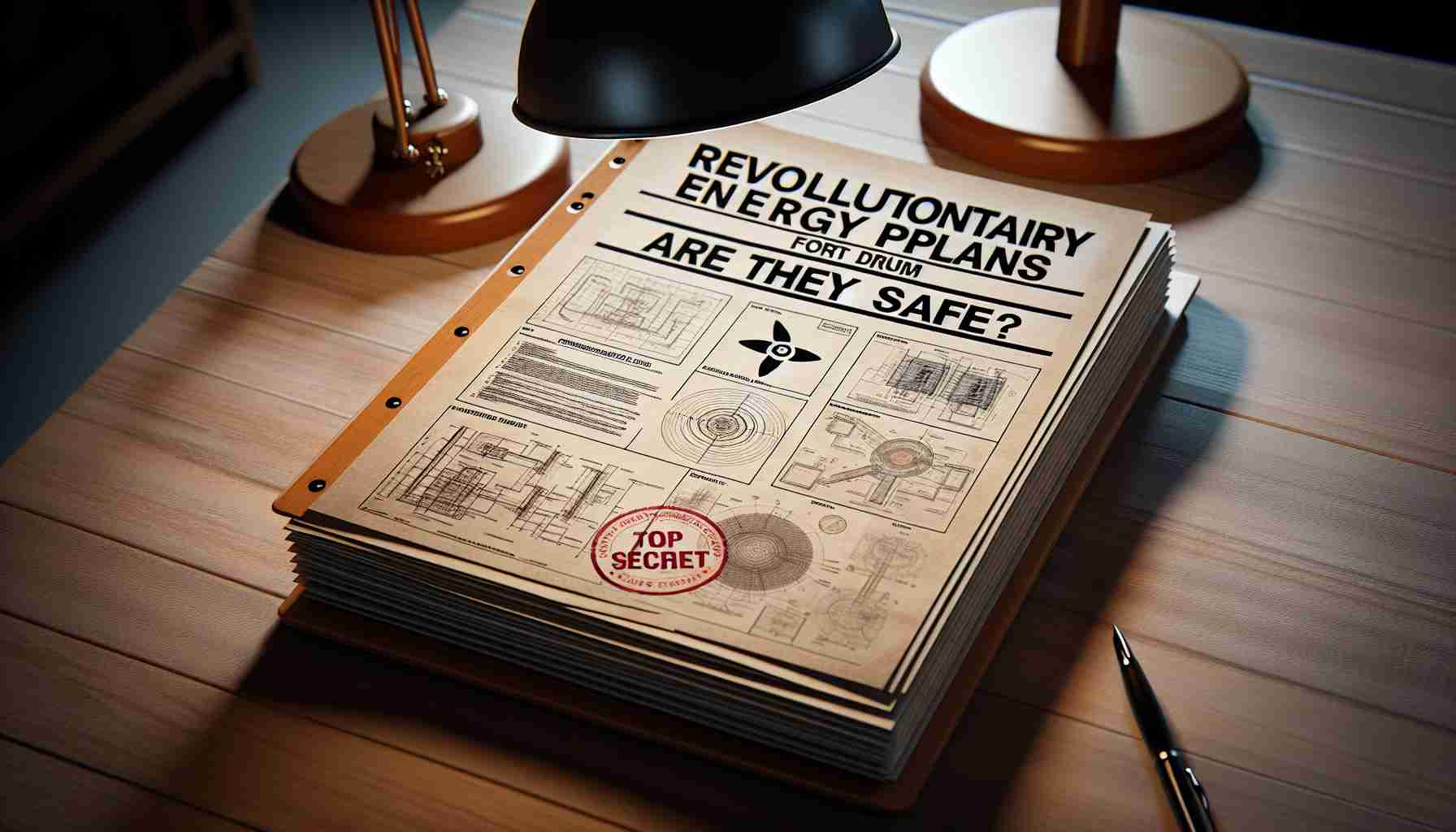Recent developments reveal that Amazon is making significant strides in transitioning to renewable energy, emphasizing innovative methods to secure sustainable power sources. The tech giant recognizes the potential of nuclear energy as a pivotal part of this strategy.
To bolster its commitment to climate initiatives, Amazon has established new agreements aimed at advancing nuclear energy projects. This includes the construction of Small Modular Reactors (SMRs), which are compact and designed for greater efficiency. Their design allows for proximity to energy grids, facilitating easier integration into existing infrastructure and speeding up the construction process compared to traditional nuclear reactors.
A notable partnership has been formed with Energy Northwest, a coalition of public utilities in Washington. This collaboration focuses on developing four advanced SMRs, projected to generate around 320 megawatts in the initial stage, with plans for data expansion that could bring total capacity to 960 megawatts. This volume of energy could potentially serve over 770,000 homes.
Amazon’s leadership has articulated the critical role of nuclear energy, underscoring its ability to provide safe, reliable, and carbon-free energy. With a vision of achieving net-zero carbon operations by 2040, Amazon is not only enhancing its sustainability efforts but also aiming to support the energy needs of the Pacific Northwest well into the next decade. This venture places Amazon at the forefront of the renewable energy revolution, setting an ambitious example for the industry.
Amazon’s Bold Step into Nuclear Energy: A Game Changer for Renewable Power
In an era marked by urgent climate issues, the spotlight is firmly on innovative energy solutions. Amazon’s recent commitment to nuclear energy represents not just a corporate strategy, but also a potential shift in how communities and countries approach their energy systems. As the world grapples with the realities of climate change, the implications of this move extend far beyond corporate sustainability.
Impact on Local Communities
The introduction of Small Modular Reactors (SMRs) could have profound implications for local economies. Unlike traditional nuclear plants, which often require vast expanses of land and significant infrastructure, SMRs can be deployed closer to urban areas. This could mean cheaper energy directly benefiting local consumers and businesses, enhancing economic development and reducing energy costs. Communities that host these reactors may experience increased job opportunities in construction, maintenance, and oversight.
Public Perception and Controversy
Despite the promise of nuclear energy, public opinion remains divided. Past nuclear accidents and concerns over waste disposal and radiation safety have led to skepticism among certain populations. This presents a challenge for Amazon as it navigates public relations to reassure communities about the safety and environmental benefits of nuclear energy. Investing in transparency and community engagement will be crucial in fostering trust and acceptance.
Broadening Energy Horizons
Amazon’s nuclear initiative not only affects its operations but could also influence national energy policies. As one of the largest companies in the world, Amazon’s success in nuclear energy might spur governments to support similar projects, potentially reshaping energy landscapes globally. This ripple effect could encourage other corporations to explore nuclear as a viable alternative, thus diversifying the global energy mix.
Regulatory Frameworks
The success of Amazon and Energy Northwest’s partnership in developing SMRs will hinge on the legislative and regulatory frameworks in place to support nuclear energy. Policymakers will need to address safety protocols, waste management practices, and investment incentives to facilitate the growth of this sector. Countries lagging in renewable energy initiatives may look to Amazon’s model as a blueprint, leading to a potential unified global push toward cleaner energy sources.
What’s Next for Nuclear Energy?
As Amazon embarks on this ambitious journey, the question arises: will nuclear energy truly become mainstream in the trend toward renewables? The answer may depend on several factors, including technological advancements, regulatory support, and public acceptance.
1. Will SMRs be widely adopted?
Yes, if Amazon’s pilot projects prove successful, other companies may follow suit, leading to a proliferation of SMR technology worldwide.
2. How does nuclear compare to other renewables?
Nuclear can provide a stable energy output 24/7, unlike solar or wind, which are intermittent. This reliability makes it an attractive companion to other renewable sources.
3. What are the environmental benefits of SMRs?
SMRs generate less waste than traditional reactors and have smaller footprints, making them a more environmentally friendly option for energy production.
Concluding Thoughts
Amazon’s foray into nuclear energy is more than a simple business initiative; it’s a potential turning point for energy policy and community development. The implications of this move could reshape how societies think about and utilize energy, possibly leading to a cleaner, more sustainable future. As the world watches closely, the collaboration between Amazon and Energy Northwest may well set the stage for a new era of nuclear energy that combines safety with innovation.
For more insights on renewable energy innovations, visit energy.gov for comprehensive resources and updates.
The source of the article is from the blog dk1250.com



